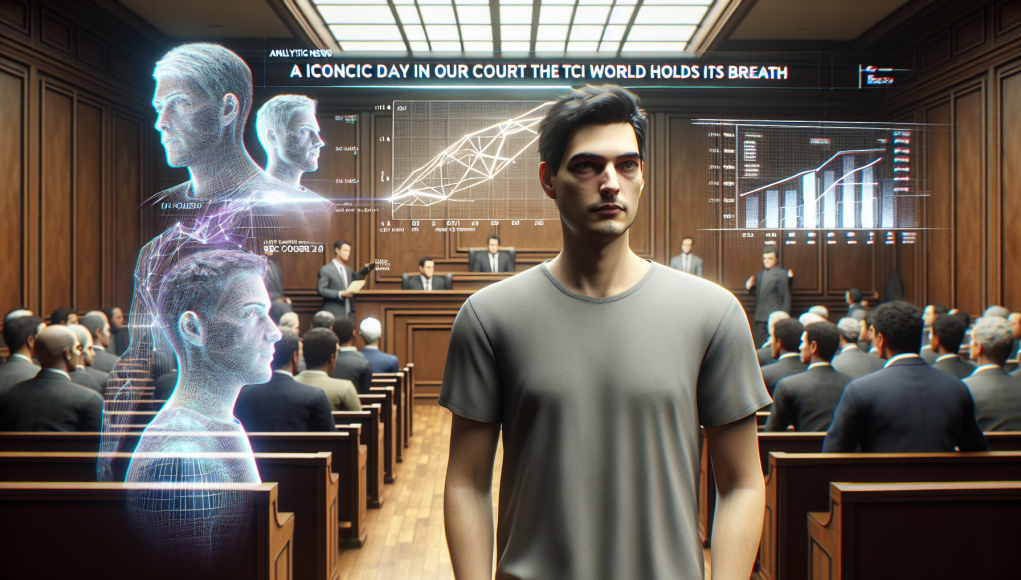Zuckerberg vs. FTC: The Battle Over Digital Dominance and AI Innovation
As the world closely watches, Mark Zuckerberg, the enigmatic founder of Meta, steps into the courtroom to face the Federal Trade Commission (FTC) in what is being heralded as one of the defining legal battles of the digital age. The stakes are monumental, not just for Meta, but for the entire tech ecosystem, particularly the artificial intelligence sector that stands at the heart of much of this debate.
The case revolves around the question of competition in the rapidly evolving tech landscape. Meta, known for innovations in AI, augmented reality, and social connectivity, now faces accusations of monopolistic practices that allegedly stifle innovation and consumer choice. The FTC’s complaint points towards acquisitions and market strategies that it claims are designed to eliminate competition rather than foster it.
Zuckerberg’s defense is anchored on the argument that Meta’s strategies, particularly in AI, have been instrumental in propelling technological advances that benefit consumers and creators alike. Under his leadership, AI has become a cornerstone of Meta’s offerings, driving everything from content personalization to pioneering virtual spaces like the Metaverse.
For the AI community, the reverberations of this case are profound. If the FTC prevails, it could mean a new era of regulatory oversight, potentially redefining how AI companies innovate and grow. Conversely, a win for Meta might embolden tech giants, bolstering their ability to integrate AI across their services, albeit under scrutiny for possible anti-competitive behavior.
The outcome of this court battle could steer the future of AI development. It highlights the fine line between fostering innovation through collaboration and acquisitions, and crossing into anti-competitive territory that restricts the diversity of technological advancements.
Ultimately, the case is a reflection of the growing pains of a maturing digital industry. As AI continues to grow in influence, the tech community is reminded that ethical and fair competition policies must evolve in tandem with technological capabilities. All eyes are now on this courtroom as an emblem of the broader discourse on how society can balance technological innovation with fair market practices.




























